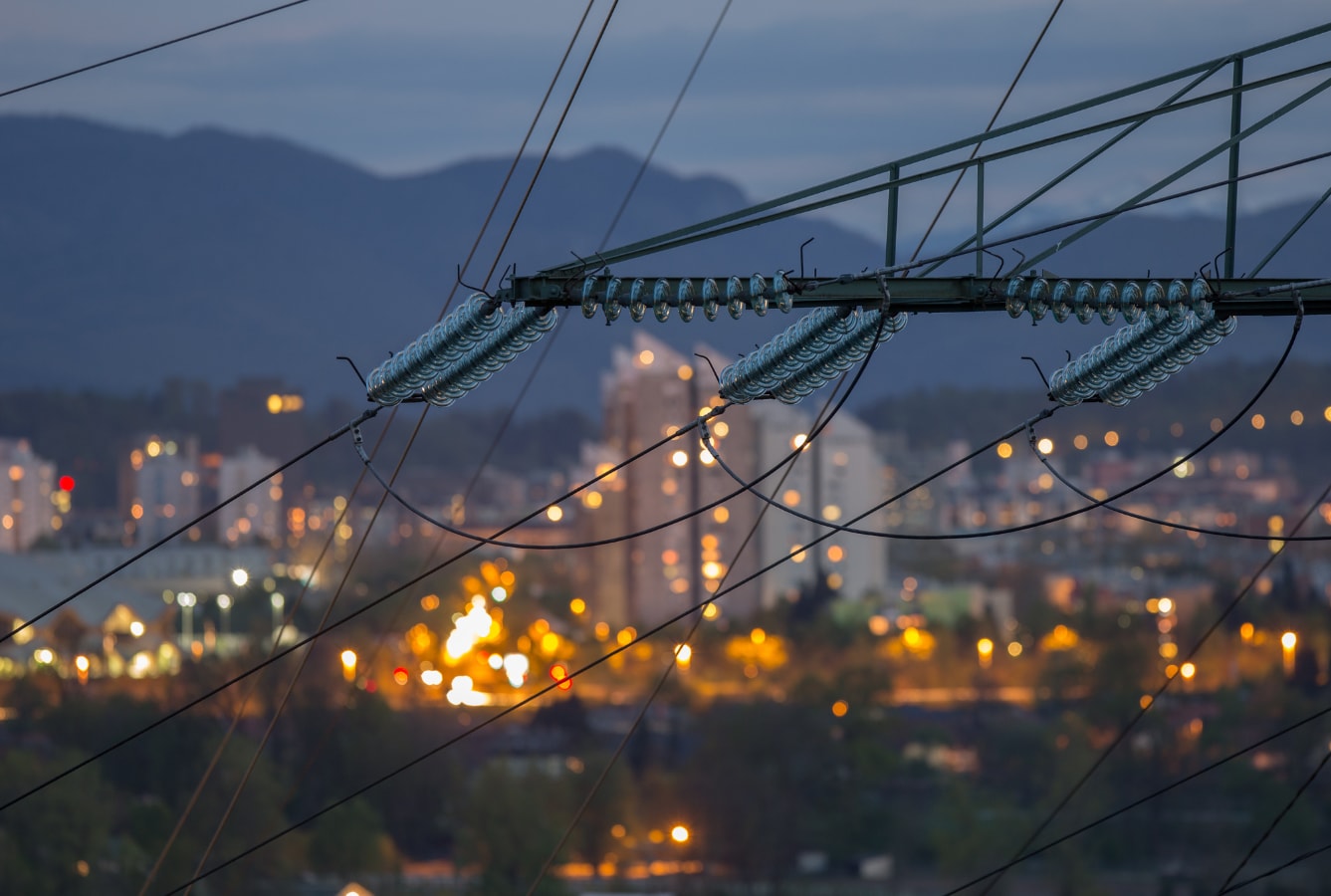
By Kevin Dennis, guest author
As additional pressure is placed on the nation’s electric utility grid, power outages will become more common. The current utility infrastructure was not designed for many of today’s power activities, such as:
- Increased power demands caused by adding electric vehicles on a large scale.
- Loads required to support high-speed, highly sensitive manufacturing processes.
- Intense storms and temperature shifts caused by climate change.
As demand grows beyond the existing supply, we will continue to see more regular power interruptions. These may include momentary outages, planned brownouts (intentional reductions of electrical supply by the utility) or extended outages lasting for hours or days.
Fortunately, there are multiple options for managing, minimizing or even eliminating the effects of these outages.
Backup Power Versus Uninterruptible Power Supply
There are two common solutions for minimizing the effects of a power outage:
- Backup Power Supply such as a battery or conventional generator.
- Uninterruptible Power Supply (UPS) which incorporates one or more power converters into your battery system to effectively eliminate even the slightest disruption in electricity.
These options provide different levels of help, so the key is finding the right match for your needs. Backup power is commonly seen as a basic solution and uninterruptible power is more complex. By definition:
- Backup power recognizes an outage in the system and begins operating using either an automated response or a manual switch. Whether the outage is brief or extended, you will experience a disruption in electricity.
- Uninterruptible power means that even if the power goes out for a fraction of a second, your systems will never feel or experience the effects, giving you a higher level of protection.
Regardless of the reason or the time frame, the difference is in the disruption.
Considerations for Choosing the Best Power Supply Solution
The first step to finding the right approach is performing an assessment of your power usage, needs and sensitivity. Power sensitivity refers to the level of tolerance your process, machinery or situation has for power disruptions from the utility grid.
The value of protection from any disruption depends on the level of sensitivity. For example, a healthcare organization may be willing to tolerate a blip in power until the backup system starts for a hospital waiting room or clinical space. However, there is likely zero tolerance for even the most minor outage in a hospital operating room or intensive care unit.
That said, critical systems are not limited to life-and-death situations. Some industrial equipment is incredibly sensitive, requiring an entire reboot and sequencing protocol for coming back online with even the most fleeting loss of power.
What System Do I Need?
In situations that can easily accommodate a temporary outage before the backup system restores power, a battery backup or generator will be the most simple and cost-effective solution. If your business systems cannot withstand a disruption in power before connecting to a backup power source, then it is time to consider incorporating an uninterruptible power source.
In some cases, the best option may include a hybrid of backup power and UPS to support your electrical needs. A comprehensive assessment can help identify functions best suited for each type of solution to minimize costs and maximize outcomes.
Some questions for your organization to consider include:
- How sensitive are our processes, machinery or situations?
- How much disruption can we tolerate?
- How long do we need backup power to cover an outage?
- If the time is extended, should we include a power generation asset such as solar, wind, hydro or renewable gas?
- Do we need to cover the whole system or just certain aspects?
- What is our budget?
- What return on my investment can we expect by avoiding downtime?
- What is the value of each approach compared to the cost?
The energy experts at EnTech Solutions can help you find answers to these questions and determine the best path.
Combining Guidance with Getting it Done
One of the benefits of working with EnTech Solutions is our ability to evaluate your needs, design a solution and take your project through construction, installation, commissioning and instruction for use. We can continue to monitor system operation to trouble shoot any issues, as well as optimize for changing energy needs.
Based on your energy needs and goals, our experts will develop the best solution. We work together to solve, not sell.
For more information about protecting your access to power, contact the energy experts at EnTech Solutions.
Kevin Dennis is vice president of product technology at EnTech Solutions.
Thank you for checking out the EnTech Solutions blog. To stay up to date with technologies, developments and trends about clean energy, please subscribe.








